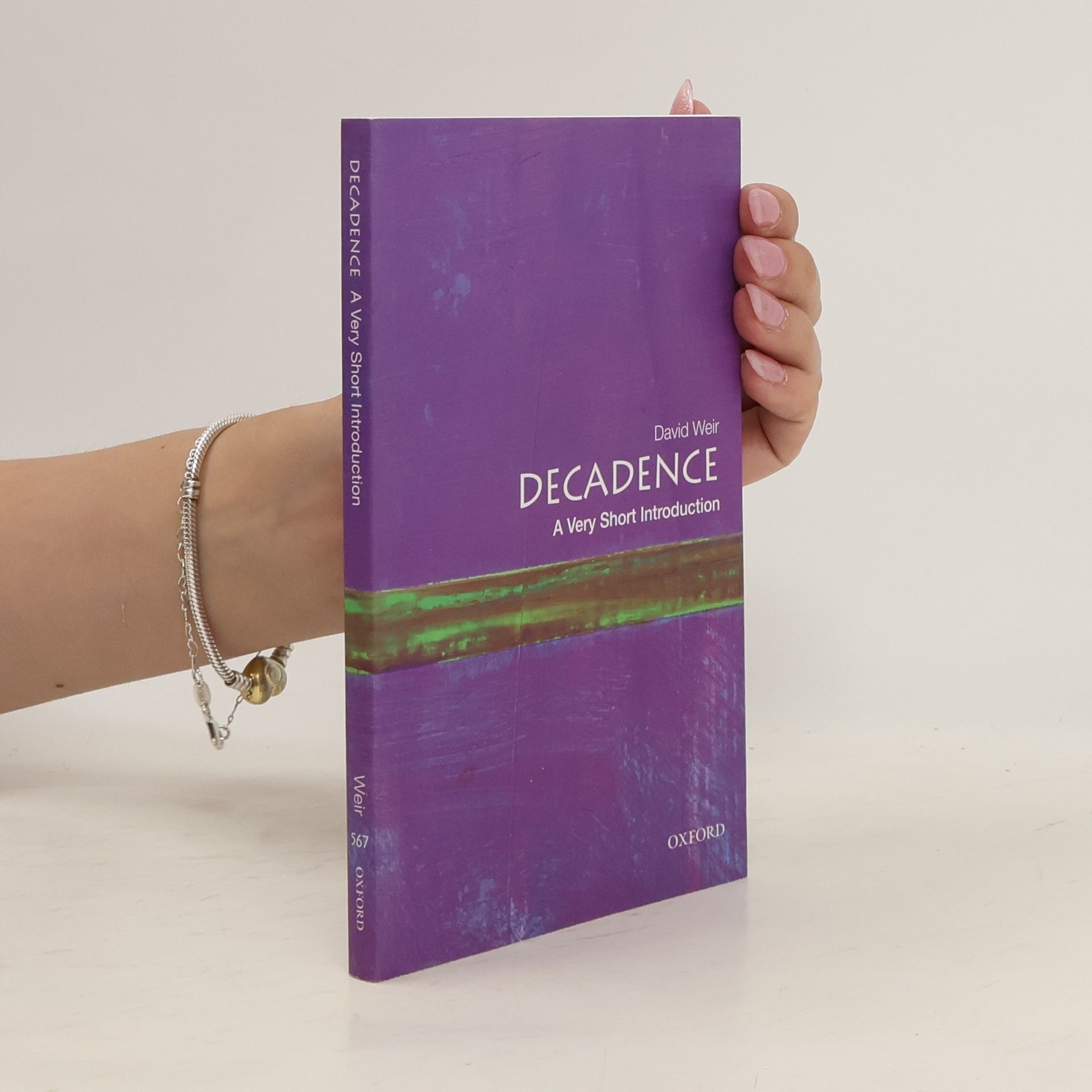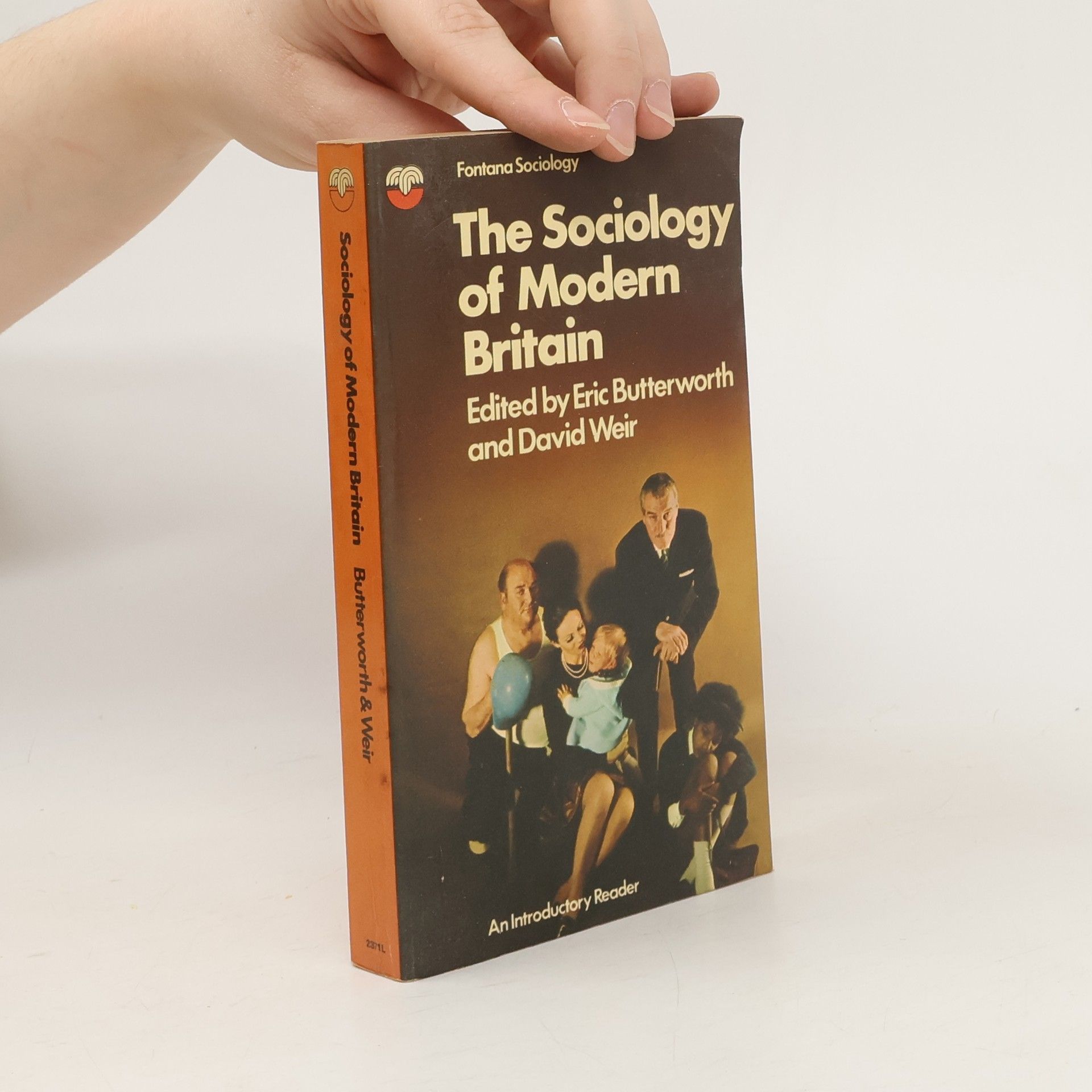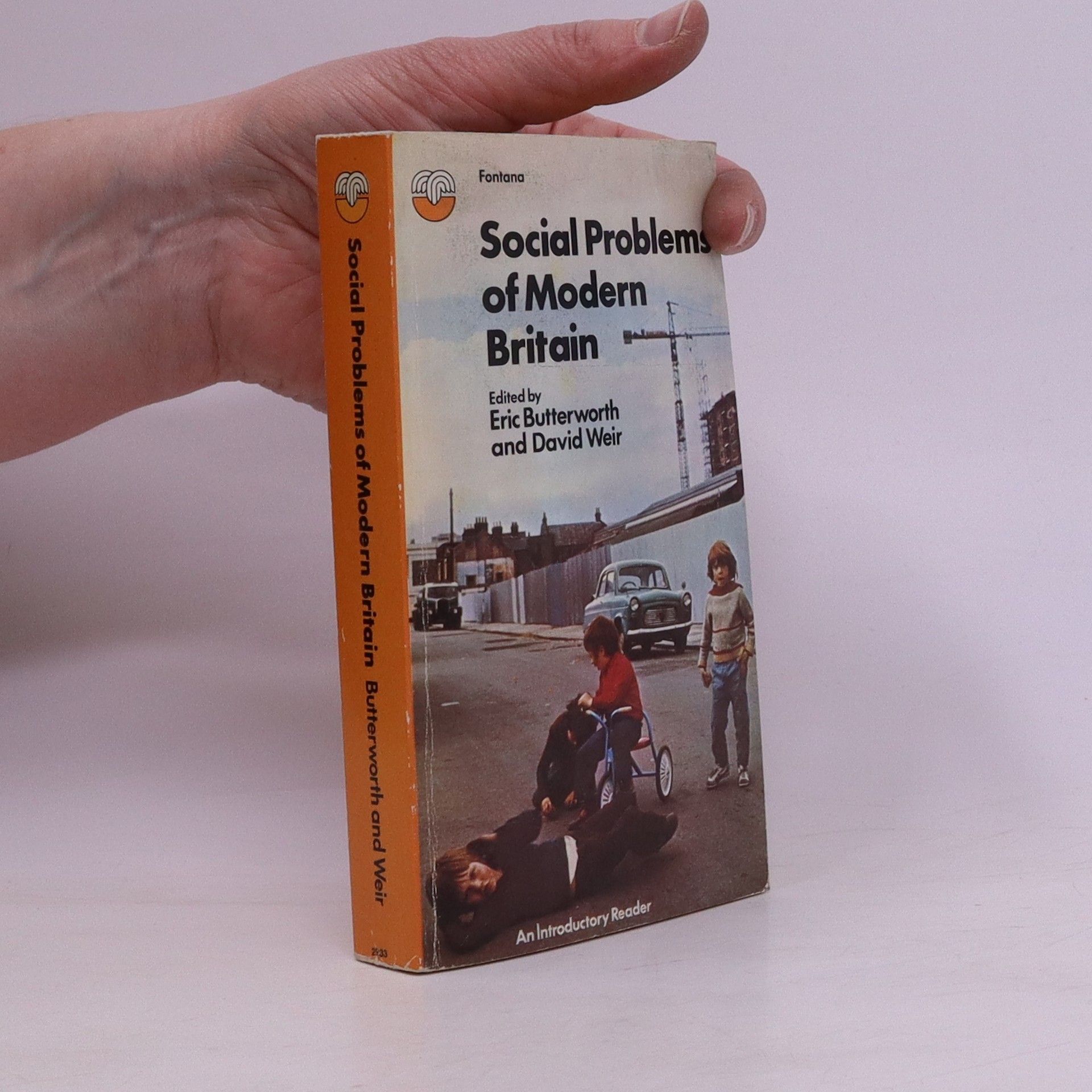David Weir Books
David Weir's work offers a critical examination of modernist literature and culture. He meticulously explores the intricate connections between aesthetic movements, political ideologies, and cultural shifts, with a particular focus on decadence and modernism. Weir delves into how artists and writers responded to societal transformations and shaped contemporary understandings of art and culture. His approach reveals profound links between literary innovation and broader intellectual and social discourses.






Ernst Lubitsch's Trouble in Paradise (1932) was released at a critical moment in cinema history, just after the advent of synchronized sound technology and just before the full implementation of the production code. By the time of its release, Lubitsch had already directed more than 50 films, but it was unlike anything he had done before. Aside from being his first non-musical talking picture, the film introduced a level of sophistication and visual subtlety that established the benchmark for classic Hollywood cinema for years to come.In his study of the film, David Weir explores its significance within Lubitsch's career, but also its larger cultural significance within the history of cinema, and the social context of its release during the Great Depression. Paying careful attention to the film itself, Weir discusses its source material, its mise-en-scène and art deco production design, and its inventive use of post-synchronized sound. Drawing on original archival research, Weir traces Trouble in Paradise 's reception history, including its critical reception, and the effect of the Motion Picture Production Code, which led to the film being denied approval for re-release in 1935.
The nineteenth-century Romantic myth of Bohemia emerged to describe the new conditions faced by artists and writers, who after the previous system of aristocratic patronage collapsed were free to move around in search of success. Yet most real-life bohemians have scant interest in commercial gain and are not so itinerant after all. Tracing these contradictions in bohemian cultures and lifestyles from the early nineteenth century to the present, David Weir explores the myth of Bohemia as it developed in various forms of expression--novels, plays, operas, films--and in key cities, including Paris, Munich, and New York. Weir concludes with a discussion of the legacy of Bohemia today as something outworn and dying, an exhausted tradition that somehow continues.
Decadence: A Very Short Introduction
- 160 pages
- 6 hours of reading
incisive survey Matthew Reisz, Times Higher Education
Knowing God's Will for Your Life: Decision Making by the Book
- 125 pages
- 5 hours of reading
Focusing on the catastrophic Bhopal gas tragedy of 1984, this book provides a detailed account of one of the worst industrial disasters in history. It explores the events leading up to the incident, the immediate aftermath, and the long-term impact on the affected community. Through a blend of personal narratives and analytical insights, it highlights the human and environmental consequences of negligence in industrial practices, making it a poignant reflection on safety and accountability.
The discussion and analysis of social problems in this reader is aimed both at those who study them in the context of specific academic disciplines and also at those who, through their experience of British society, have formed definite views about social problems; how they are created, and how they may be 'cured7. The editors central argument is that social problems do not exist in isolation, but in relation to the social framework and organisation in which they occur. Nor can they be solved without changing the values and institutions on which society is based.Each chapter focuses on a particular poverty, housing, health, old age, the family, urbanisation, crime, ecology; and each has a comprehensive introduction which discusses the views expressed and presents the problems in the wider context of the intense pressures to whiqh British or indeed any industrial society is subject.Eric Butterworth is Reader in Community Studies at the University of York, David Weir is Lecturer in Sociology at the Manchester Business School.This book is a companion to their first successful reader The Sociology of Modern Britain.
